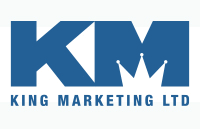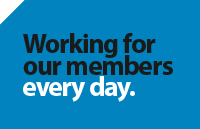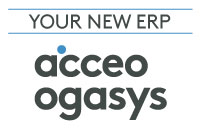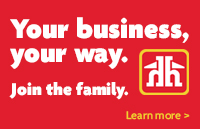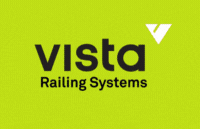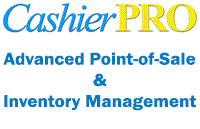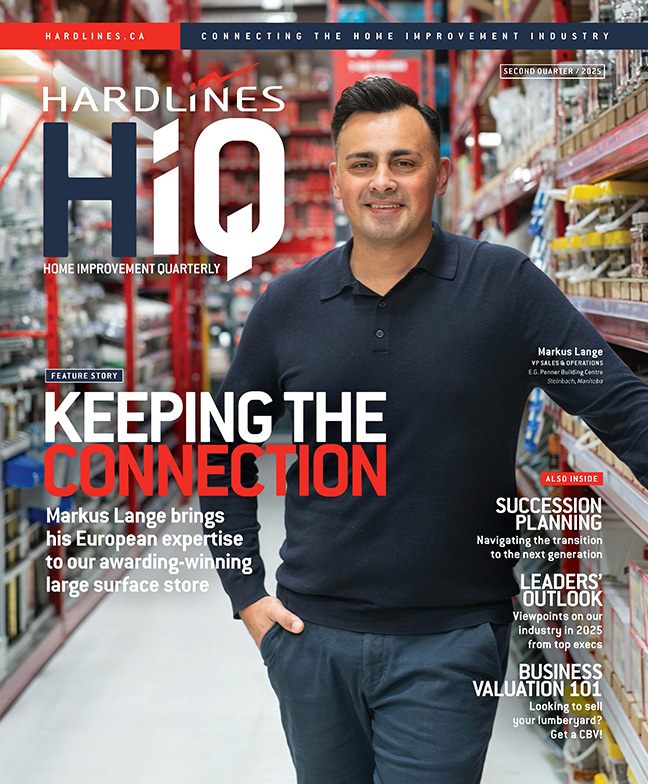 This month we talk with Walter Pranke, former vice president, human resources at Lee Valley Tools, a chain of tool and gift stores based in Ottawa. Walter was instrumental in helping Hardlines develop our HR content when we launched this newsletter a year and a half ago. A certified executive coach, he has returned to private consulting following his contract with Lee Valley.
This month we talk with Walter Pranke, former vice president, human resources at Lee Valley Tools, a chain of tool and gift stores based in Ottawa. Walter was instrumental in helping Hardlines develop our HR content when we launched this newsletter a year and a half ago. A certified executive coach, he has returned to private consulting following his contract with Lee Valley.
Companies should pay more attention to performance management. Too many of them, Walter Pranke believes, struggle with this concept. “Let’s rethink the position of a manager,” he says.
It’s no longer good enough to consider oneself a good “team player.” A strong manager must be more like a coach. “It’s a new model,” but it’s one that can be used to drive the business, he says, as long as leaders are willing to take a hard look at their management roles and try to understand what can be done differently.
First and foremost, a manager has to examine how they provide feedback and encouragement on a staff member’s performance. While we may all think we’re top performing managers when it comes to the people side of the business, there are things a manager can amp up—and back off on—to enhance team members, and by extension the company’s own performance.
For example, don’t wait until a staffer is up for their annual performance review to dump all your concerns or their perceived shortcomings on them. That’s an easy one to fall into, especially if a manager doesn’t like conflict. Instead, make your management style one that centres around performance. It has to be an ongoing, organic process.
“That’s the constant feedback that should happen every day,” Pranke says. The old-style manager is concerned about doing their own work. But it’s time to switch that thinking around. Job one should be developing one’s people skills. An effective manager’s role should be 80 percent devoted to coaching, and only 20 percent focused on a day-to-day role.
“We need to re-imagine our performance management. Our process has to shift to enabling, not managing.”














